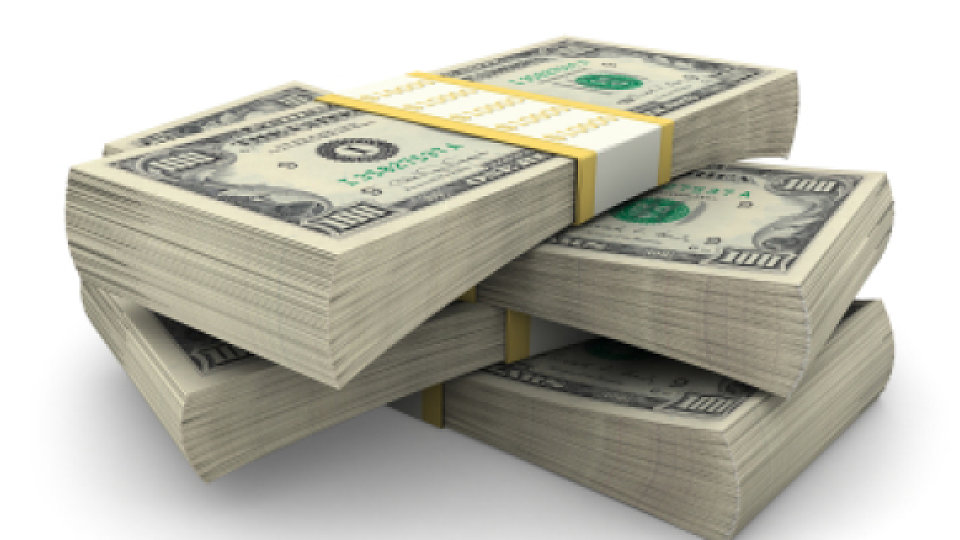
We live in a consumer society that underpins the world economy; money, it’s said, makes the world go ‘round. I could spend a entire column decrying this fact, how consumerism is gutting our planet, destroying habitat, driving species extinction and fueling climate change, but we all know that. Instead, I want to write about power.
The world’s economy is predicated on future profits, the assumption that consumers will make the purchases that provide the profits that can be used to pay off loans. Loans are made to producers so that they can build inventory to satisfy future demand – for cars, flat-screen TVs, refrigerators, washing machines, shoes, vitamins, laptop computers, toilet paper – everything. In our modern economy, profits are not only used to enrich business owners and shareholders, but also to influence decision-making by political leaders through lobbying, campaign contributions, junkets, and jobs. Money, in addition to fueling consumption, corrupts the halls of power. But, although money is power, the denial of money is equally powerful.
The wealthiest among us, oligarchs, and multinational corporations, wield their money like a cudgel to threaten opponents and strong-arm their way into getting what they want. What they want, of course, is power, the power to control the present and the future and ensure that profits keep rolling in. Madison Avenue is paid billions to disguise reality and convince the public and consumers that the powerful do what they do out of devotion to the public good. As bullshit goes, it’s top of the line. By and large, the wealthy and powerful couldn’t care less about the welfare of people, but they’ll never admit it and will spend ungodly sums to pretend otherwise.
The very force that makes the wealthy powerful, however, is also its greatest vulnerability, namely consumerism. Just as consumer spending drives profits, lack of spending can drive bankruptcies. This is why so much money is spent to create products and convince people that they need to buy them. If the consumer gravy train comes to a halt, the wealthy oligarchs and multinationals will fall to their knees. When it comes to exerting political power, this is exactly what needs to happen.
Consumer boycotts, general strikes, and other mass movements geared to bringing the gravy train to screeching halt are the only political tools left, and the most powerful way that ordinary people can quickly transform the world’s power dynamic. If Americans, for example, combined not buying new cars for a year with political demands, the rich and powerful would fall all over themselves to get in line. By flipping the script and making profits dependent upon political and social change, economies would adjust; either that, or the rich and powerful would quickly become neither.
The difficulty is that convincing people to stop consuming, particularly stuff they don’t really need, is extremely difficult. Shopping is the modern form of foraging, the life hunter/gatherers enjoyed for hundreds of thousands of years. Filling hours shopping at the mall, wandering the aisles at the supermarket and the like confers a sense of power and control that’s very seductive. The alternative feels like deprivation, and personal sacrifice is not high on today’s list of public desires.
It’s incontrovertible; the political power of America emanates from our wallets, virtual and otherwise. Unless and until consumers embrace the political power of the purse, the oligarchs and multinationals will continue to get their way.